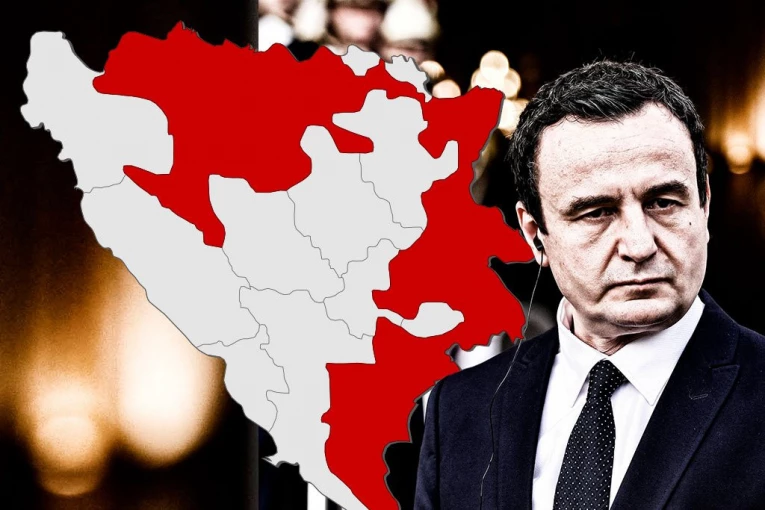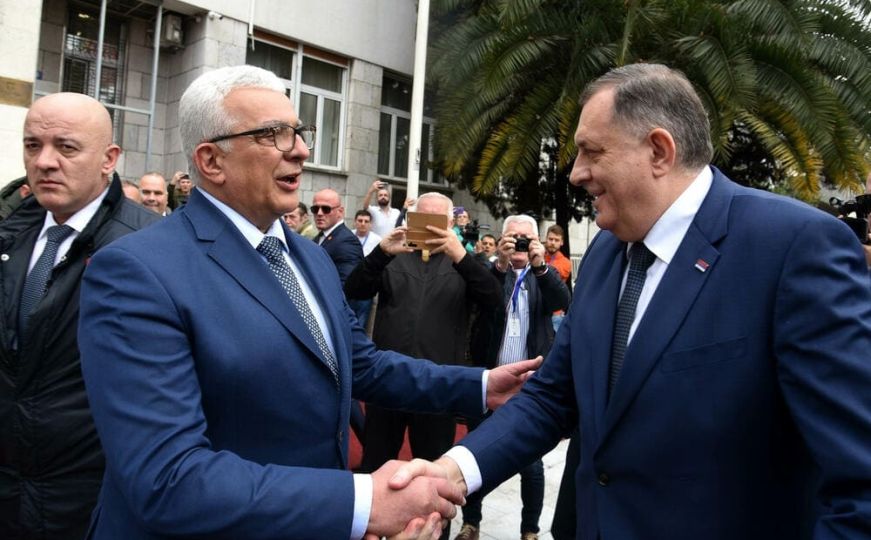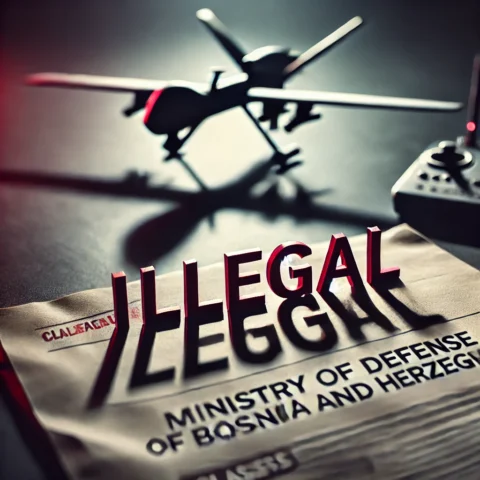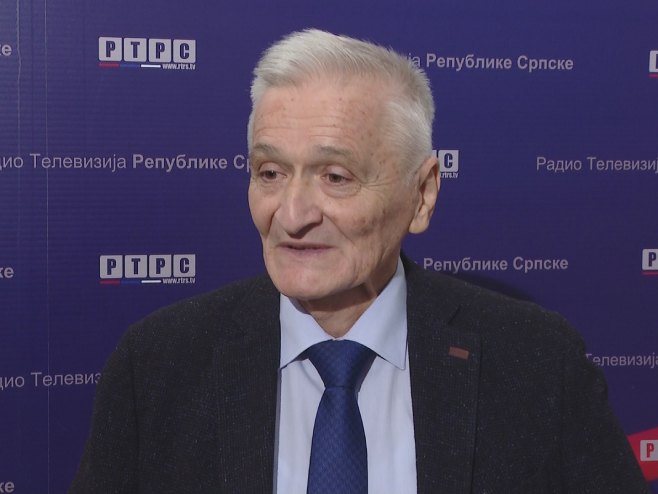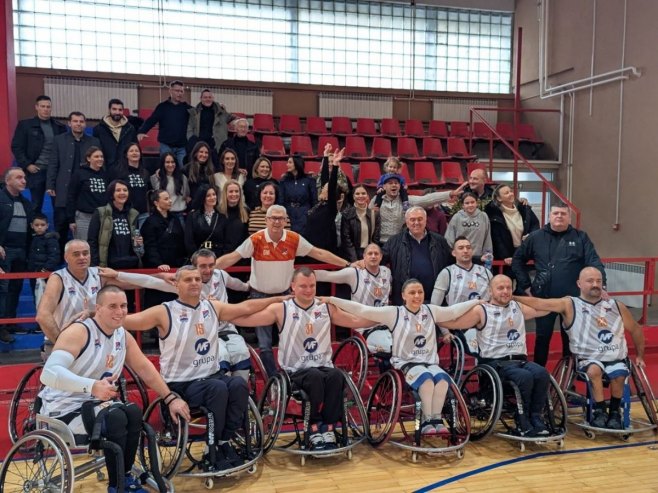Inter-party and inter-ethnic tensions, escalated significantly by the visit of the Prime Minister of the self-proclaimed Kosovo*, Albin Kurti, to Sarajevo, threaten to complicate internal relations in Bosnia and Herzegovina (BiH). Several planned sessions were not held yesterday, and Serb representatives plan to consult with experts to demand accountability from individuals who met with Kurti.
Kurti arrived in BiH late last week, citing his participation in a session of the Association of Independent Intellectuals “Circle 99.” However, he also met with several local officials, including BiH Presidency members Željko Komšić and Denis Bećirović, Federation Prime Minister Nermin Nikšić (SDP leader), Federation Vice President Refik Lendo, and SDA President Bakir Izetbegović.
The visit and the messages delivered by Kurti were criticized by Republika Srpska officials, who stated yesterday that the visit would not be easily forgotten.
A planned session of the Council of Ministers was again canceled, following its initial postponement on the day Kurti arrived in Sarajevo due to a boycott by Serb ministers.
Stasa Košarac, Deputy Chair of the Council of Ministers, stated that neither political nor formal conditions were met for the session to be held. He cited the decision of Federation officials to meet with “the fake prime minister of the self-proclaimed Kosovo*” as one of the main reasons.
“We will insist on full accountability for those who did this. How is it possible that the two Bosniak members of the Presidency received a bandit like Kurti in BiH institutions?” Košarac asked. He also questioned why no Federation officials condemned the visit or Kurti’s anti-Serb statements, pointing out its negative impact on regional and internal relations in BiH.
Another reason for the canceled session, Košarac said, was the inclusion of two new agenda items: draft laws on personal data protection and border control, required by Brussels. However, additional consultations were deemed necessary due to amendments.
The working group for drafting the Reform Agenda also failed to meet, while the Council of Ministers session was rescheduled for December 17.
Minister of Security Nenad Nešić told Glas Srpske that mutual respect is crucial in BiH.
“BiH has not recognized the self-proclaimed Kosovo. All those holding positions in joint institutions must respect this. We cannot advocate for BiH’s territorial integrity while undermining it. I see no reason for Nermin Nikšić, one of our coalition partners, to engage with Kurti. Ultimately, what was the message of this visit other than raising national tensions? It opened our eyes again as Serbs to see that coexistence in BiH is impossible,” Nešić said.
“If the message of Kurti’s visit is to prepare us for the same scenario as Serbs in Kosovo and Metohija, we say it won’t happen. We support dialogue, but we want to know if the constitutional order applies equally to all,” he added.
Asked about potential accountability measures, Nešić emphasized the need for expert legal opinions.
“Courts and the Prosecutor’s Office turn a blind eye to violations by Bosniak politicians while seizing every opportunity to prosecute Serbs. Still, I expect tensions to calm by December 17, and we will determine the way forward,” Nešić concluded.
The absence of Serb ministers from the session was criticized by the BiH Minister of Transport and Communications, Edin Forto (Our Party), who called their absence irresponsible, emphasizing that European laws were on the agenda. He expressed hope for a quorum soon. When asked if Federation politicians acted statesmanlike by welcoming Kurti on December 5, Forto replied, “I have no way to decide who can sit with whom.”
“Boasted about ethnic cleansing”
The Srpska List stated that Albin Kurti used his visit to Sarajevo to boast about his success in ethnically cleansing Kosovo and Metohija, but he failed to mention that this was achieved through terror, institutional violence against Serbs, and the prevention of displaced persons from returning to their ancestral homes.
Reacting to Kurti’s statement that there are more Albanians in Serbia than Serbs in Kosovo*, the Srpska List noted that this reflects the responsible policies of Serbia’s leadership.
Source: Glas Srpske



